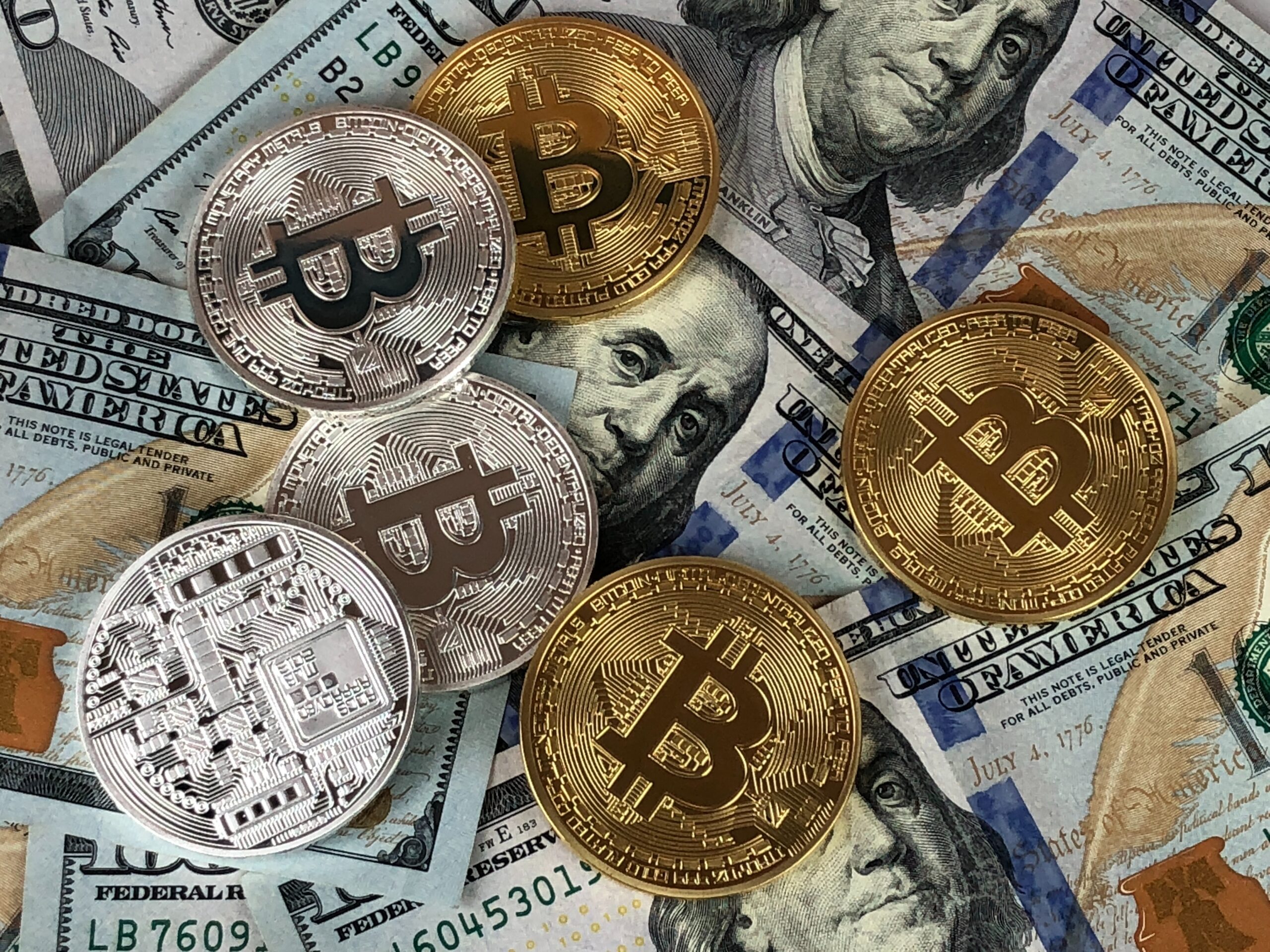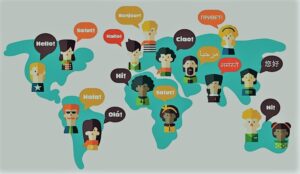Africa is a fertile powerhouse blessed with an abundance of raw materials, innovation and natural resources. The continent has a high amount of limestone, natural gas, coal, ride oil, niobium, zinc, tin and iron ore etc.
All these contribute to the richness of Africa and the betterment of its citizens which is why it’s quite interesting to find that some African countries are currently struggling with poverty and a poor state economy.
Despite these challenges, Africa has witnessed massive growth and development over the years. So, in this post, we’ll be discussing the richest countries in Africa by GDP in 2022. Let’s dive in.
Richest Countries in Africa – Key Takeaways
Africa as a continent is blessed with so many countries that have some interesting and plentiful natural resources which help in the increase of their GDP. Although, this does not necessarily provide a complete picture of the situation. It provides an estimate of countries with the fastest growth in the economy. Here are the top 5 richest countries in Africa by GDP:
- Nigeria
- Egypt
- South Africa
- Algeria
- Morocco
Despite the High Rate of Poverty, is Africa Really Poor?
Africa is endowed with many resources, but the continent has also been exploited in some ways. According to the Institute for Security Studies, Africa isn’t likely to meet SDG 1 – to end poverty in all its forms for 97% of the population.
The report also showed that Africa has the largest share of extreme poverty rates globally, concentrated in over 28 African countries.
With the projections, over 300 million people in sub-Saharan Africa will still be in extreme poverty. This result tells us that several nations in Africa are living below the poverty line.
The Institute for Security Studies, went further to state that Central Africa has the highest extreme poverty rate of 54.8%, followed by Southern Africa at 45.1%. Rates in Western and Eastern Africa are 36.8% and 33.8% respectively.
Regardless of this big issue, there are still some of the fastest-growing economies among the 54 African countries. Hence, Africa can also be said to be endowed with both rich and poor countries.
Top Richest African Countries
A few years back, Africa was considered the fastest-growing continent with various ideas, resources and innovations.
The largest drivers of most African nations are trade, agriculture, and natural resources. All these determine the gross domestic product (GDP) of a particular economy.
What is a GDP?
GDP is the cumulative worth of all commodities and services produced within a country during a particular time, usually a year.
It is used as a key tool to identify the richness and productivity of an economy.
Top 5 Richest African Countries Ranked by GDP 2022
The World Bank estimates that the GDP of African countries will reach $29 trillion by 2050.
Thus, based on the annual data report by the International Monetary Fund, let’s look at the top 5 richest countries in Africa using GDP current prices in the U. S. Dollars.
-
Nigeria — $510.58 Billion GDP
Nigeria is one of the most populous nations with a rich economy. With its large population, strong cultural legacy, diverse ethnicity and abundant resources, it remains the richest country in the continent.
Using the GDP output as a tool, Nigeria has a developing market with expanding service, financial, technology industries, and communication among other things.
Therefore, transportation, finance, infrastructure, tourism, agriculture, and crude oil are all major contributors to the country’s large GDP.
In addition to these, tin, coal, niobium, limestone, zinc, lead, natural gas, and iron ore also contributes to the prosperity of the Nigerian economy. There is also a reasonable fertile land for agriculture which accounts for over 20% of GDP and produces cocoa and rubber.
The vast population also contributes to how Nigeria became Africa’s largest consumer retailer in Africa. The tech sector is not left out of the whole growth in recent times. Also, tech enthusiasts greatly play a role in the rapid rising of the IT sector.
Nigeria emphasized protecting its natural resources, eliminating its huge reliance on oil refineries and processing plants. With all these, Nigeria remains the number one wealthiest country in Africa in terms of GDP.
-
Egypt — $435.62 Billion GDP
For many years, Egypt held the position of the richest country in Northern Africa. However, following the 2011 revolution during the Arab uprising, the economy suffered serious harm and foreign exchange plummeted. With recent reports, Egypt is the second richest African country on the list.
Over the last decade, due to positive growth, the economic activities in Egypt have stabilized. The International Monetary Fund and the government recently completed an economic reform package aimed at increasing and strengthening the economy. In 2019, real GDP growth increased to 5.6%, up from 5.3% in 2018.
The country has also seen unemployment levels decreasing, an improvement in foreign exchange reserves, higher export of goods and services, and an improved tourism sector all contributing to its development.
The leading aspects of the economy include petroleum and natural gas exports, tourism, wholesale and retail trade, construction, and real estate. All these are what accounted for more than half of the GDP in Egypt.
-
South Africa — $426.16 Billion GDP
South Africa is the third richest economy on the continent. With approximately 58 million people, it is a highly developed country with a solid infrastructure.
The country is considered one of the fastest-developing countries in the world. Most times, South Africa is often referred to as a rainbow nation because they are not reliant on a single source of income.
Manufacturing, mining, financial services, and tourism are all essential industries in South Africa. Natural resources and raw material exports such as gold, diamonds, platinum, coal, and iron ore are also in abundance. It is one of the world’s largest exporters of these commodities, particularly gold and platinum.
South Africa is also popular amongst the people as a renowned tourist destination and places a lot of emphasis on tourism as a part of its economy. Inequality is also at an all-time high level in South Africa.
The country encountered a recession after experiencing consecutive quarters of negative GDP growth rates and the pace of development has slowed down, growing its GDP by only 0.2% in 2019, 1.1% in 2020, and 1.8% in 2021.
-
Algeria — $193.60 Billion GDP
Algeria is the largest country in the north ranked as the fourth richest African country. The nation has a big economy and infrastructure; reducing poverty by 20% in the last 20 years.
Algeria is very rich in crude oil reserves and the economy relies heavily on them. To that extent, hydrocarbons (oil and natural gas) make up almost 70% of the income of the country.
Other major contributors to the country’s income are manufacturing (40.3%), farming (33.3%), and services (47.4%). Petroleum, natural gas, and petroleum products are Algeria’s primary exports and they form the major part of the revenue.
The country is also one of the largest suppliers of Ammonia in Africa. Recently, more crude oil reserves were discovered and this has rapidly helped in growing the industrial country.
Hence, it is necessary to note that the current depression and instability in oil prices have resulted in a decline in the country’s currency reserves. Also, political uncertainty and scandals in the hydrocarbon industry have slowed down Algeria’s economic growth.
-
Morocco — $133.06 Billion GDP
Morocco is the fifth largest country that tops the list of richest countries in Africa. With a GDP of over $130 billion, it is the second richest non-oil-producing nation in the continent.
Its economy is steady and has enjoyed massive growth in several industries over the past decades, particularly in the service sector.
Morocco has plentiful natural resources such as cobalt, iron, zinc, silver, lead, copper, fluorine, manganese, salt, and gold. However, its economy is majorly driven by mining and manufacturing.
Morocco’s GDP is composed of 30% industry, 15% agricultural, and 55% services. The economy is supplemented by a developing tourism sector, with locals welcoming tourists and the government placing a strong emphasis on attracting visitors to the country’s popular attractions.
The economy of this country also depends heavily on agriculture and it is the third-largest producer of phosphorus in the world.
Morocco also gets substantial benefits from diversified export, which includes electrical equipment, crude minerals, inorganic chemicals, automobiles, car parts, petroleum products, clothing and textiles.
Morocco has experienced a decline in economic growth owing to internal problems, with real GDP growth of only 2.7% in 2019, missing the World Banks’ estimate of about 2.9%.
Looking to expand your business in any of these countries? Reach out to us by sending a mail at info@ivoiceafrica.com or call +234 7026276411! We can help. We provide expertise in giving your brand an identity that’ll resonate with your African target audience. You might also like to read up on the fastest growing businesses in Africa.




